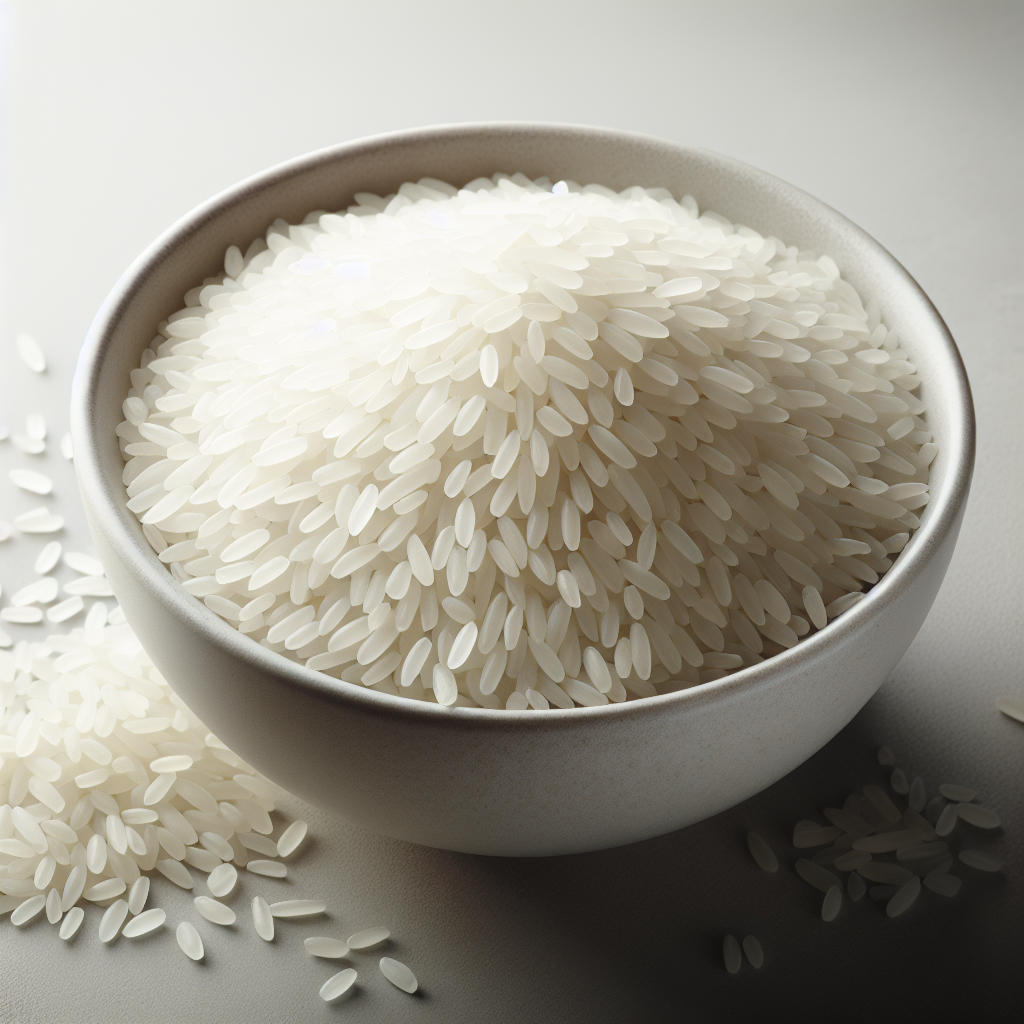The Agricultural and Processed Food Products Export Development Authority (APEDA), in collaboration with the IRRI South Asia Regional Centre (ISARC), hosted a workshop titled “Profiling of Potential Varieties of Non-Basmati Rice and Value-Added Products of Rice” on August 29, 2024, in New Delhi. This event highlighted the outcomes of two groundbreaking research projects aimed at enhancing the quality and marketability of non-basmati rice varieties in India.
The first project, “Comprehensive Grain and Nutritional Quality Profiling of Non-Basmati Rice,” focused on identifying high-quality, aromatic, nutrient-rich rice varieties with a low glycemic index (GI) and geographical indication (GI) tag germplasm from various Indian states. The second project, “Value-Added Products from Rice and Rice-Based Food Systems,” aimed to create innovative and healthier rice-based products, such as nutrient-dense rice muesli, whole grain rice cookies, popped rice, rice flakes, and instant upma.
These projects, supported by APEDA, were conducted at the state-of-the-art Centre of Excellence in Rice Value Addition lab at IRRI’s South Asia Regional Centre in Varanasi. During the workshop, IRRI presented the profiling of potential non-basmati rice varieties across India and showcased value-added products with strong global market potential.
In his keynote address, Shri Rajesh Agrawal, Additional Secretary, Department of Commerce, commended the joint efforts of APEDA and IRRI in focusing on the potential of non-basmati rice varieties. He emphasized that these varieties not only have significant export potential but also offer health benefits, such as a low glycemic index, and are climate resilient. He highlighted the importance of value addition and branding to enhance the export potential and marketability of these rice varieties.
Shri Abhishek Dev, Chairman of APEDA, shared insights on the importance of the rice industry in India and the need for value addition and research to improve sustainability and global competitiveness. He stressed the importance of collective efforts to increase rice exports and benefit all stakeholders in the value chain. He also praised ISARC’s efforts, noting that these projects respond to the growing demand for healthier food options while capitalizing on traditional rice varieties to create value-added products.
The success of APEDA’s initiatives, coupled with strategic collaboration with stakeholders and targeted marketing efforts, will be key to expanding both domestic and international market reach. This will contribute to the premium economy and enhance export potential under the non-basmati category.
APEDA’s support has been instrumental in the success of these projects, enabling ISARC to pioneer advancements that are set to shape the future of India’s rice industry. The combined approach of developing low GI rice varieties and nutrient-dense value-added products is expected to boost India’s export capabilities and promote significant economic growth in the agricultural and food processing sectors.











